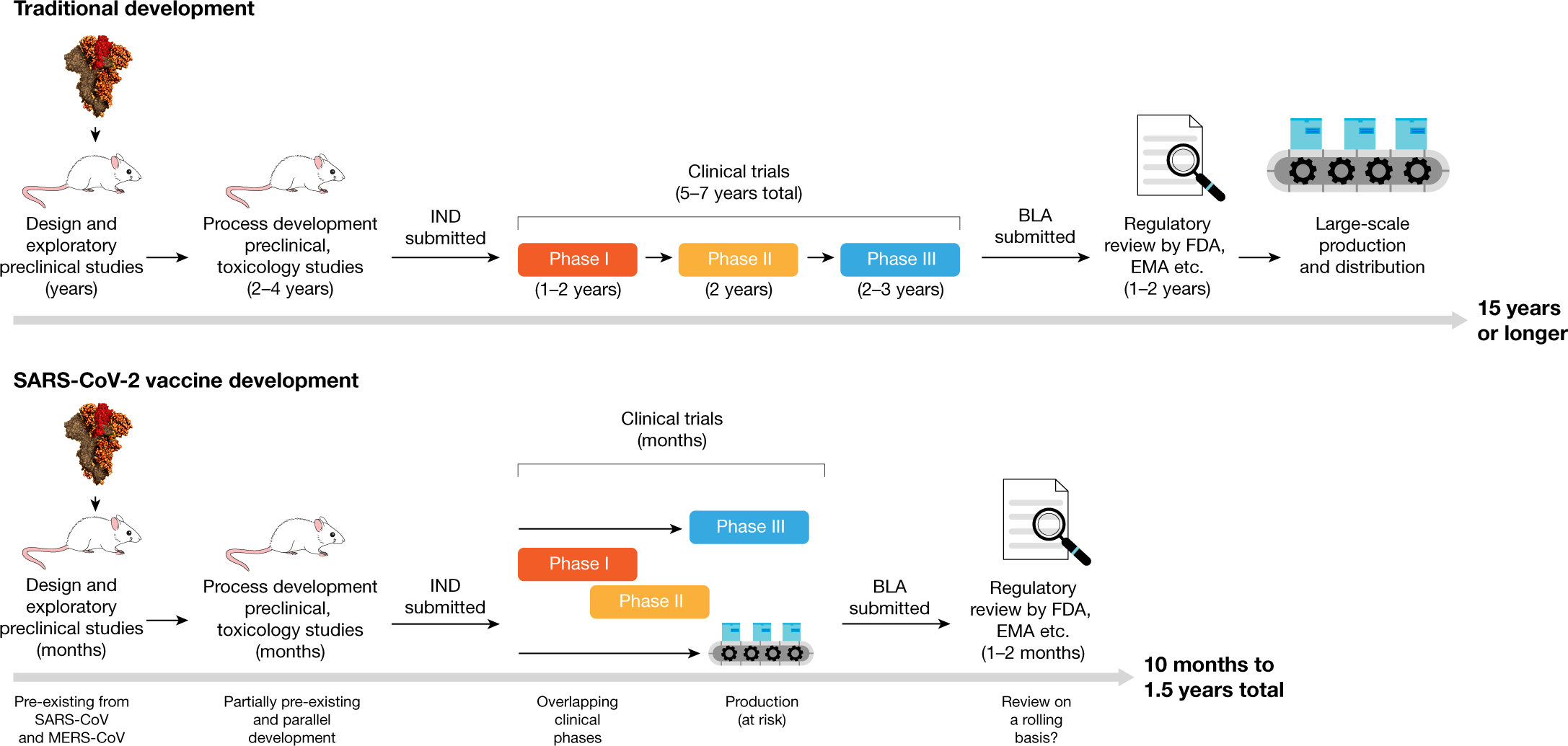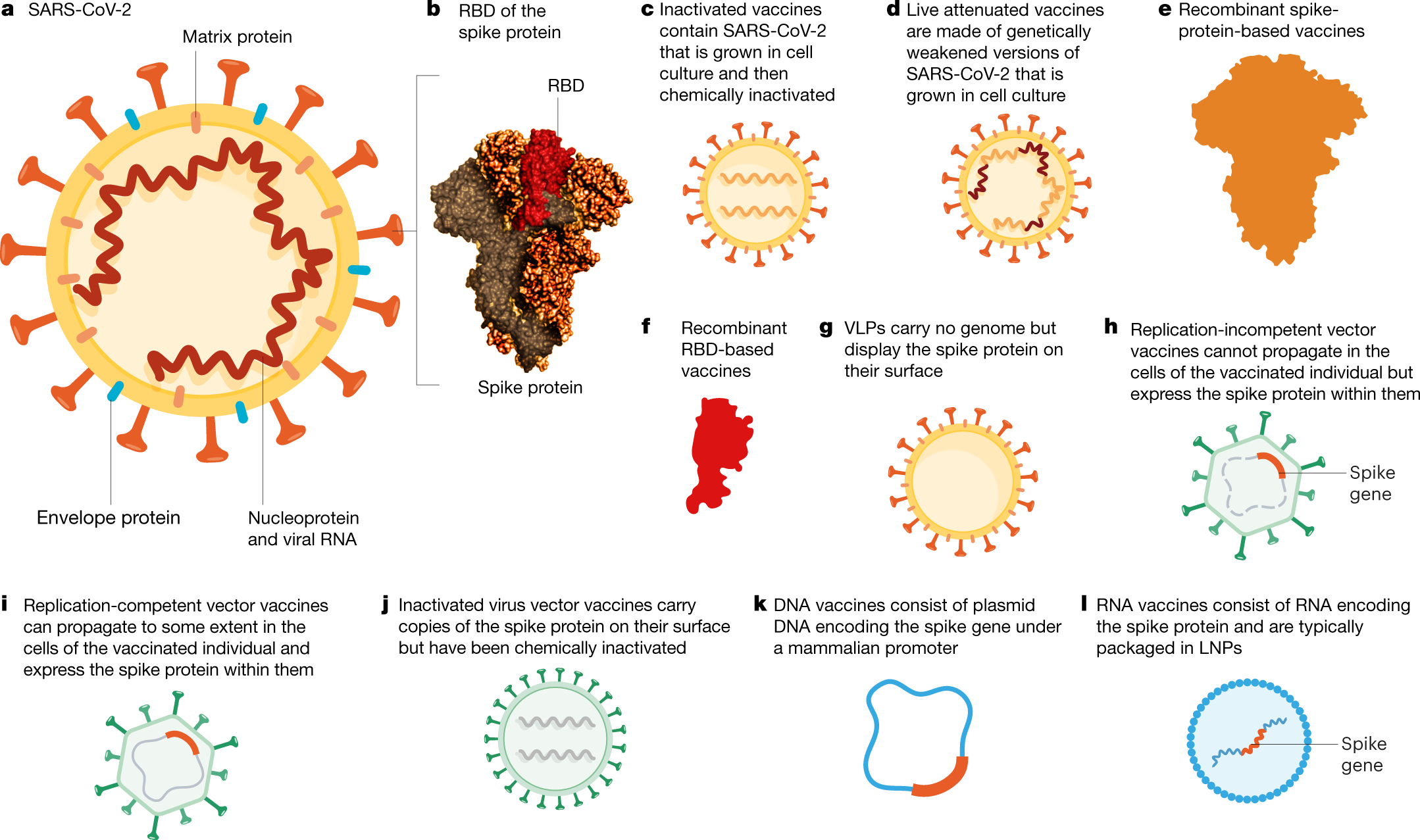I understand that doctors and scientists are working hard to find a vaccine, but is there a reasonable chance that we will find one in the time that scientists and politicians are suggesting?
I also understand that we have no choice but to socially distance and bithe our time to find a vaccine if COVID is anything like the flu, but what if it proves to be as hard as finding a vaccine for HIV? The first HIV outbreak occurred in the 1980s, and if I'm correct we still don't have a vaccine for it yet (even though we do have treatment for it so people could just live their life with it).
So my question is with all this in mind, how could there be a chance that we will find a COVID vaccine in less time? Is it just optimism, or is there actually reason to believe the vaccine will be produced say by the beginning of 2022.


